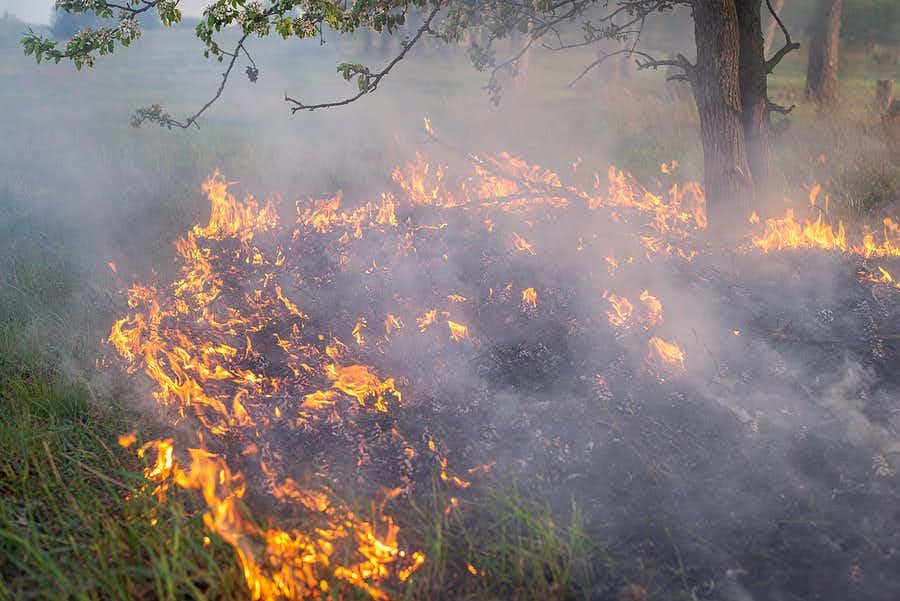
Parkinson disease is the world’s fastest growing brain disease. There’s evidence that exposure to environmental chemicals might increase your chance of Parkinson disease (PD). These include compounds such as trichloroethylene, chlorpyrifos and the herbicide paraquat. Scientists have been looking for other factors that could result in a higher risk for this neurodegenerative disease, and they have found air pollution is one.
Your Chance of Parkinson Disease Rises With Air Pollution:
Now, a study in the journal JAMA Neurology links air pollution to a significant risk of PD (JAMA Neurology, May 17, 2021). Researchers used data from the Korean National Health Insurance Service to conduct a cohort study of nearly 79,000 people who lived in Seoul, South Korea, between 2002 and 2006. The records allowed for more than a decade of follow-up.
The investigators found a significant link between exposure to nitrogen dioxide and a new diagnosis of Parkinson disease. They used this compound as a marker for air pollution. Somewhat surprisingly, other air pollutants such as sulfur dioxide were not associated with a chance of Parkinson disease.
Air Pollution Could Increase Your Risk for Dementia:
Air pollution may also increase the risk for dementia (JAMA Internal Medicine, Aug. 14, 2023). Research published in JAMA Internal Medicine analyzed data from the Health and Retirement Study. The authors reviewed data from more than 27,000 volunteers over age 50 for almost two decades. People exposed to the highest levels of particulates in air, especially those originating from wildfires and agricultural sources, were at increased risk for developing dementia. The smaller the particles the greater the danger.
This is not the first time scientists have seen a problem with air pollution. They hypothesize that these tiny particles in the lungs cause systemic inflammation that may also affect the brain. Smoke from wildfires is becoming increasingly pervasive. Air purifiers, high efficiency (HEPA) filters and other air-cleaning strategies may be needed to protect people from this hazard.
Time to Clean Up “Bad Air”?
Perhaps it is time for physicians and policy makers to reconsider the ancient Greek concept that bad air could contribute to health problems. Previous research has linked this problem to Alzheimer disease, stroke, heart disease, asthma and lung cancer. With pollution shown to boost your chance of Parkinson disease and also dementia, we should clean up the air we breathe. That would have broad public health benefits.

